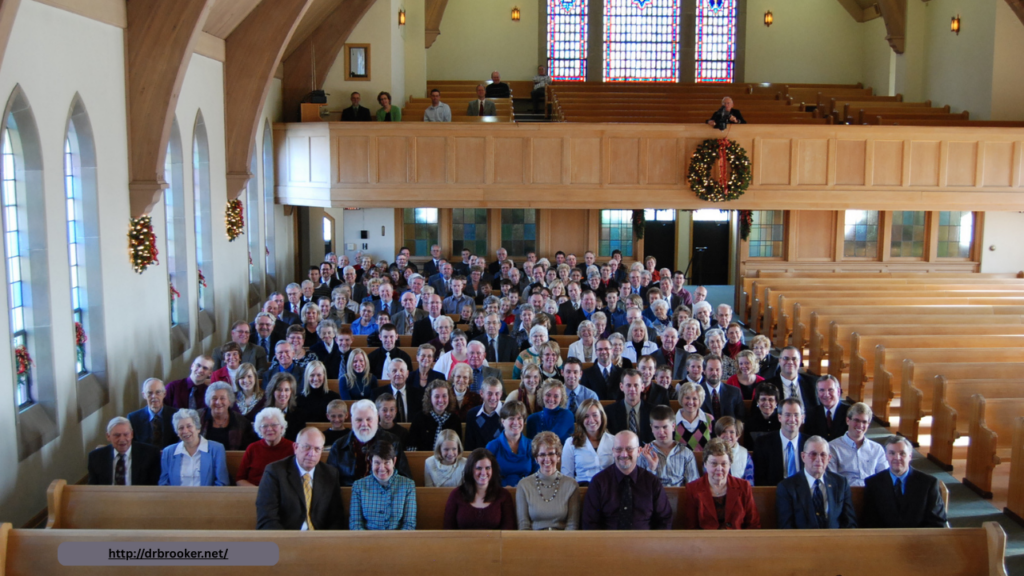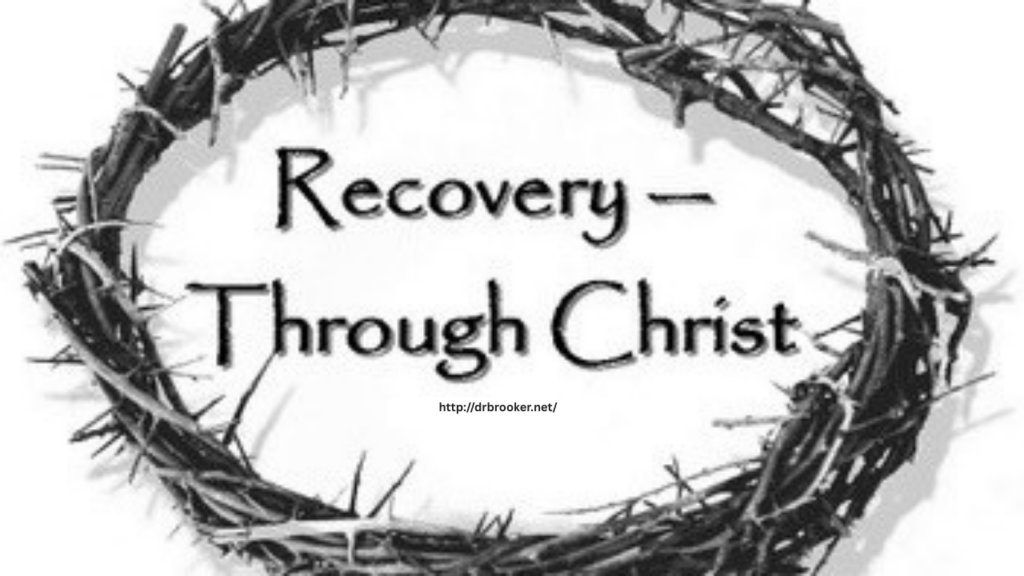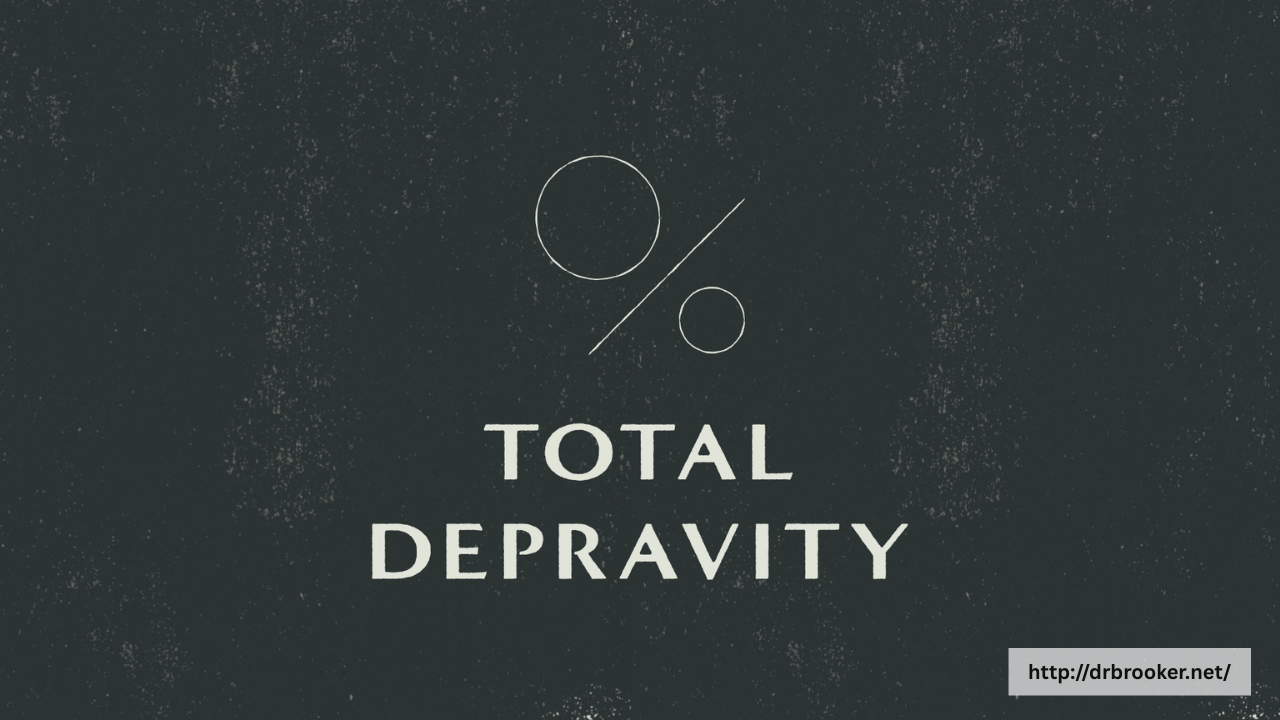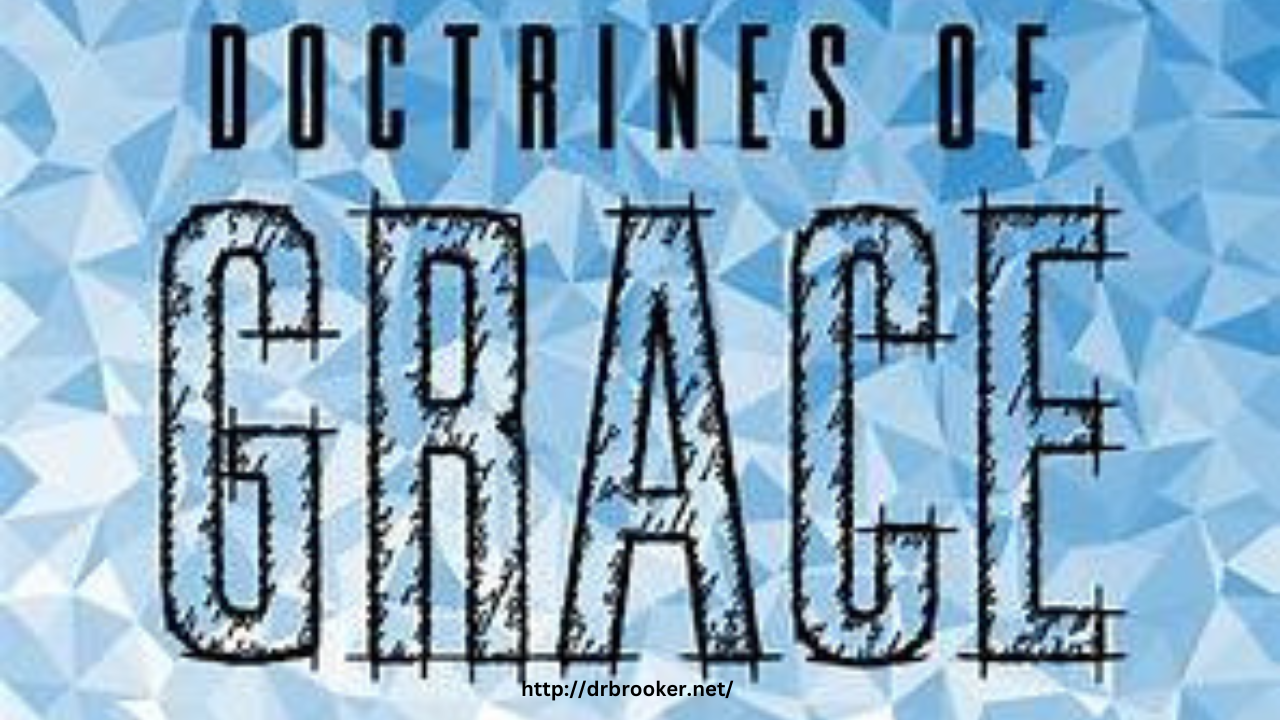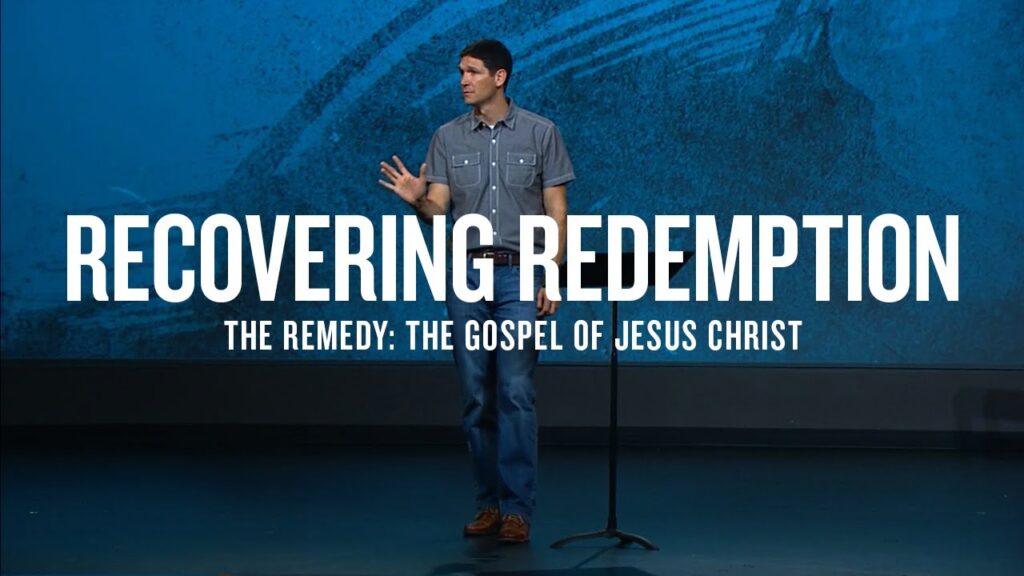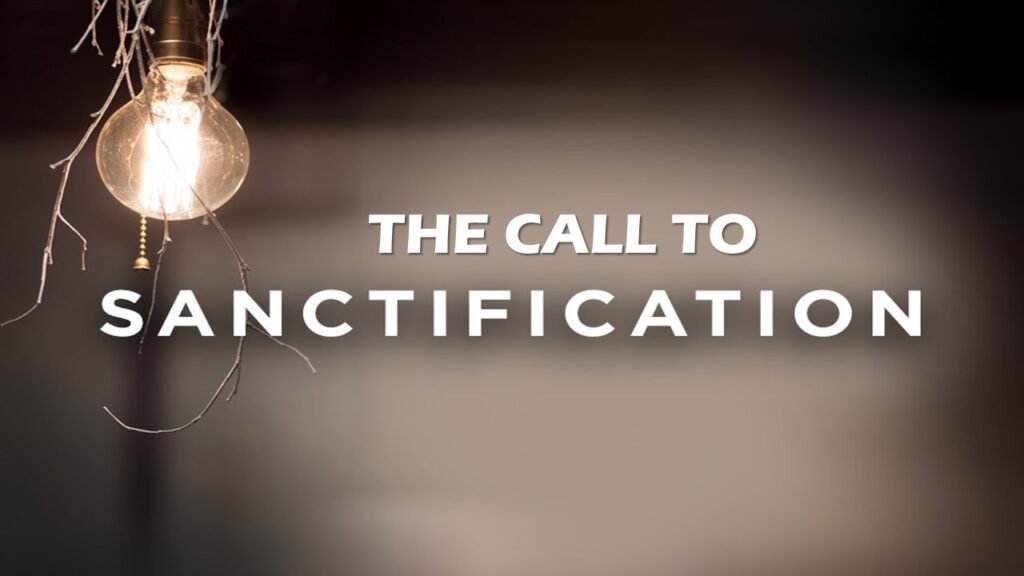
Addiction is more than a bad habit or a series of poor choices—it is bondage. Whether it’s drugs, alcohol, pornography, or another destructive behavior, addiction enslaves the heart and mind. In this captivity, many lose hope. They try and fail, again and again. But Reformed theology offers a message that speaks directly into the darkness of addiction: a message of total dependence on God’s sovereign grace, the power of Christ to save, and the work of the Holy Spirit to transform.
Understanding the Root: Total Depravity
At the heart of Reformed theology is the doctrine of total depravity. This biblical truth teaches that sin has corrupted every part of human nature. As Paul writes in Romans 3:10, “None is righteous, no, not one.” Addiction is a vivid example of this corruption—where desires become twisted, and what begins as pleasure becomes prison.
Rather than minimizing sin, Reformed theology shines a light on the depth of human brokenness. This may sound discouraging, but it’s actually the starting point of true hope. When we admit we are spiritually powerless, we are finally ready to receive help from outside ourselves. The addict doesn’t need self-reform; they need a new heart—and that is exactly what God offers.
Sovereign Grace: Hope for the Helpless
The doctrine of sovereign grace—the unmerited favor of God given freely to sinners—is the cornerstone of Reformed theology. For the addict who has burned every bridge and failed repeatedly, this is incredibly good news. Salvation is not based on effort, willpower, or past performance. It is a gift. Ephesians 2:8-9 declares, “For by grace you have been saved through faith… it is the gift of God, not a result of works.”
Reformed theology teaches that God chooses to save not because of who we are, but in spite of who we are. This means no one is beyond His reach. The addict is not too far gone, too weak, or too broken for the power of the gospel. God’s grace is not only sufficient to forgive sin but to break the power of it.
Freedom in Christ Alone
Christ didn’t come merely to improve lives—He came to set captives free. In John 8:36, Jesus says, “If the Son sets you free, you will be free indeed.” Reformed theology places Christ at the center of all hope and healing. The addict does not fight alone. In union with Christ, they share in His victory over sin and death.
Through Christ’s atoning death, sin’s penalty is paid. Through His resurrection, new life is guaranteed. The addict who places faith in Christ receives more than forgiveness—they receive power to change, as the Holy Spirit begins the lifelong process of sanctification.
The Church: A Place for Restoration
The Reformed tradition emphasizes the role of the covenant community—the Church—as vital to the Christian life. Addicts need a gospel-saturated environment where they are supported, discipled, and held accountable. The Church is not a place for perfect people but for broken ones being restored by grace.
Conclusion
Addiction is real bondage, but Reformed theology offers real freedom. It does not begin with human strength but with God’s initiative. Through total depravity, sovereign grace, and the sufficiency of Christ, addicts can break the chains—not by themselves, but by the power of the gospel. There is hope for the addict—and that hope is found in Christ alone.
